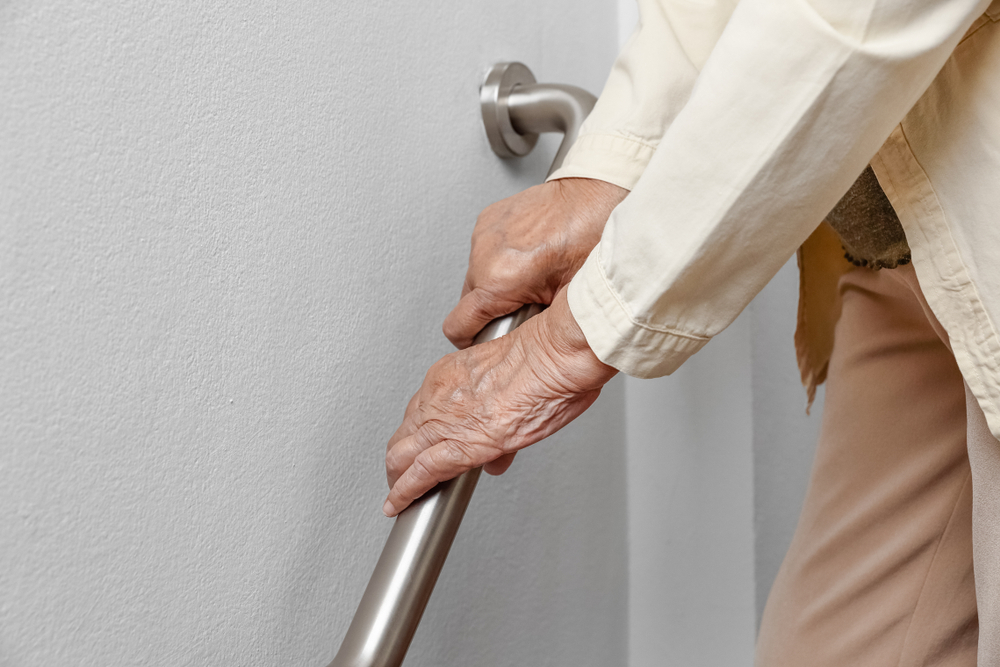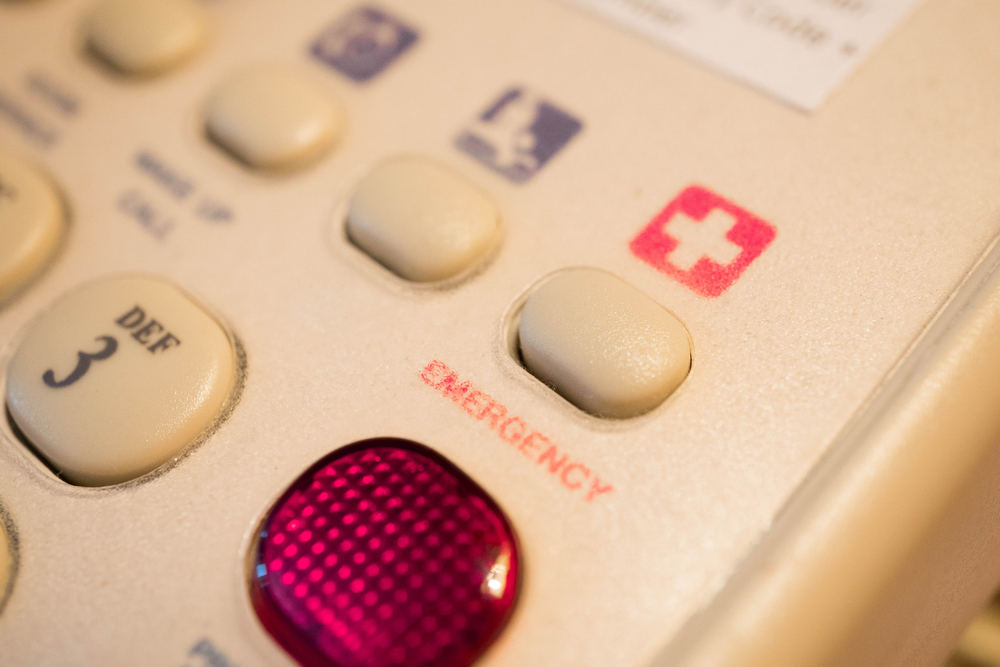For most, the term “home” invokes feelings of warmth, safety, and security. Most people find it exhaustive to conduct a risk assessment for potential hazards or accidents just after buying or renting a home. Awareness of potential threats is the first step to preventing them, especially for older adults. Awareness is not enough, but it will help you get started.
A statistic shows that millions of adults over the age of 65 are treated in hospital emergency rooms for accidents in their own homes. Independent senior living experts understand the potential risks seniors face at home and the necessary precautions to reduce the risks. This guide will help you identify and mitigate potential dangers in their homes.
1. Falls
 The Centers for Disease Control and Prevention (CDC) reports that falls are the leading cause of injury amongst adults over 65 years of age. Many of these falls take place at home. Another report by the National Safety Council reports that nearly a third of seniors experience fall-related accidents each year, with 70% happening from home.
The Centers for Disease Control and Prevention (CDC) reports that falls are the leading cause of injury amongst adults over 65 years of age. Many of these falls take place at home. Another report by the National Safety Council reports that nearly a third of seniors experience fall-related accidents each year, with 70% happening from home.
Seniors need to take extra safety precautions to take care of physical changes of aging such as balance issues, a decline in vision and hearing, etc.
Precautions Against Falls
- Wear non-slip footwear
- Ensure the floor and staircases are well-lit and clear off the clutter
- Use non-slip rubber mats in your bathroom to prevent slips after a shower
- Regular exercise to maintain balance, coordination, and fitness
- Keep the kitchen and bathroom floors dry at all times to avoid slips
- Install staircase and bathroom grab bars
- Clear your outdoor space as soon as you can after it snows
2. Fires and Burns
The top cause for home fires and burns is cooking fires. Heating equipment is also the leading cause of home fire deaths. Seniors are more vulnerable to house fires than young people. They have difficulty detecting it when it happens due to continuous sensory impairments as they age. Various medications can also affect their ability to detect fires and mobility issues which can be dangerous if a fire ever occurs.
Precautions Against Fires and Burns
- Put up smoke detectors in your home and ensure the batteries still work at least once a month
- Have fire extinguishers near most sources of heat like the kitchen and fireplace
- Don’t leave candles unattended or use flameless candles
- Avoid wearing loose clothing while cooking
- Look out for frayed cords and appliances
3. Choking and Suffocation
Choking involves obstruction of the upper airway and back throat by food or other objects, which prevents a person from breathing effectively. Partial blocking causes one to cough while making noises, but in the case of a total blockage, the casualty cannot make any sound.
Choking is common amongst seniors with advanced conditions. As people age, it gets more difficult for them to chew and swallow food. Most seniors have fewer teeth to chew, and they have a terrible denture, thus causing these difficulties.
Precautions Against Choking and Suffocation
- Learn to eat slowly
- Avoid dry foods
- Don’t eat while lying down
- Don’t drink fluids while eating
- Don’t talk while eating
4. Poisoning
Poisoning affects people of all ages. More so, food safety isn’t standard in most homes, and food-borne illnesses are real. Poisoning is the second leading cause of fatalities in the US, with 5,000 reported deaths each year. Do your due diligence to prevent accidental poisoning in your home.
Precautions Against Poisoning
- Don’t store household cleaners in unlabeled drinking bottles or food bottles, as this can be confusing
- Don’t heat your home with a stove or oven
- Avoid mixing up cleaning products like ammonia which can produce poisonous fumes
- Keep medicines organized and well labeled in their original packs
- Avoid contaminating food by keeping raw meat or fish away from veggies
- Ensure food is well cooked and kept at safe temperatures
- Install a working carbon monoxide detector, especially near the bedroom, to alert you when its levels are dangerously high
- Turn off gas stoves before leaving the kitchen
5. Security Threats
 Alarm systems are perhaps the most useful tool one can use when there are potential security threats. These could range from:
Alarm systems are perhaps the most useful tool one can use when there are potential security threats. These could range from:
- Sudden health problems like seizures or chest pains
- Potential Intruders
- Loss of power
- Fires or floods
In these situations, an alarm system would come in handy for a senior to get help when they need it. Alarms save lives and help seniors live independently and keep their minds at peace, together with their loved ones.
Other Security Plans
- Have an emergency escape route
- Have an emergency contact number
- Never let strangers into your home, especially when by yourself
- Discuss common fraud tactics that mostly happen over the phone that target the elderly
- Share house codes and keys with people whom you trust
- Consider having motion detector lights and cameras and porch cameras
There are important things to take care of when it comes to home safety, and this guide helps address the common hazards. Therefore, it is essential to prepare your home to meet the needs of aging residents to reduce the risks and keep them safe, relaxed, and happy. That means less worry for both of you in the long term.
Tags: contemporary, home improvement, home security, safety, security
